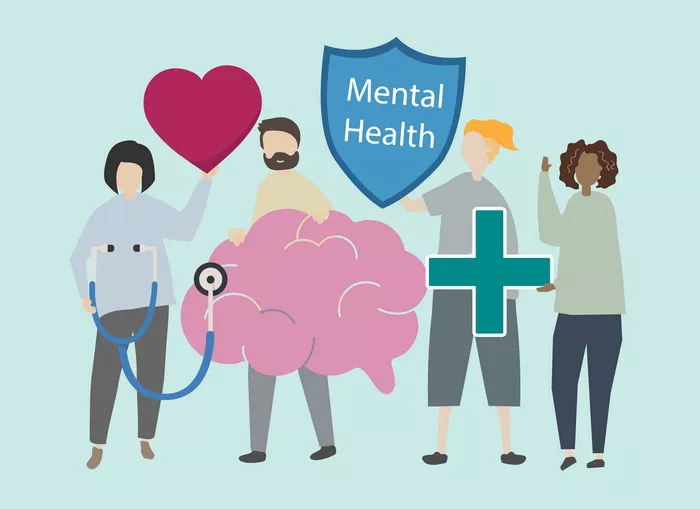In the realm of mental health care, forensic hospitals play a critical yet often misunderstood role. These specialized facilities serve a unique purpose within the broader landscape of healthcare, intersecting with the fields of psychiatry, law, and criminology. In this comprehensive guide, we delve into what forensic hospitals are, their functions, the types of patients they serve, and the challenges they face.
What is a Forensic Hospital?
A forensic hospital, also known as a forensic psychiatric facility or forensic mental health institution, is a specialized medical facility that provides assessment, treatment, and rehabilitation services for individuals who have committed crimes and are deemed mentally ill or unfit to stand trial. Unlike traditional psychiatric hospitals, forensic hospitals cater specifically to individuals involved in the criminal justice system.
History of Forensic Hospitals
The history of forensic hospitals can be traced back to the 19th century when mental health and criminal justice systems began to intersect more formally. One of the earliest known forensic hospitals was the Broadmoor Hospital in England, established in 1863. This marked a significant shift towards recognizing the complex relationship between mental illness and criminal behavior.
In the United States, the development of forensic hospitals gained momentum during the latter half of the 20th century, spurred by changes in mental health legislation and advancements in psychiatric practices. Institutions such as the Atascadero State Hospital in California and the Clifton T. Perkins Hospital Center in Maryland became pioneers in forensic psychiatry, paving the way for the establishment of similar facilities across the country.
Functions of Forensic Hospitals
Forensic hospitals fulfill several key functions within the criminal justice and mental health systems:
Assessment and Evaluation: One of the primary roles of forensic hospitals is to conduct comprehensive assessments of individuals referred by the courts or correctional facilities. These assessments aim to determine the individual’s mental health status, capacity to understand legal proceedings, and risk of recidivism.
Treatment and Rehabilitation: Forensic hospitals provide specialized treatment programs tailored to address the unique needs of forensic patients. These may include psychiatric medication management, individual and group therapy, cognitive-behavioral interventions, and vocational rehabilitation aimed at reintegrating patients into society.
Risk Management: Managing the risk posed by forensic patients is a crucial aspect of forensic hospital operations. This involves implementing security measures, developing risk assessment protocols, and collaborating with law enforcement and legal authorities to ensure public safety.
Court Liaison Services: Forensic hospitals often serve as consultants to the legal system, providing expert opinions, testimony, and forensic psychiatric evaluations to assist courts in making informed decisions regarding the disposition of cases involving mentally ill offenders.
Research and Education: Many forensic hospitals are affiliated with academic institutions and engage in research activities aimed at advancing knowledge in the field of forensic psychiatry. They also play a role in educating future generations of mental health professionals, forensic psychiatrists, and legal practitioners.
































